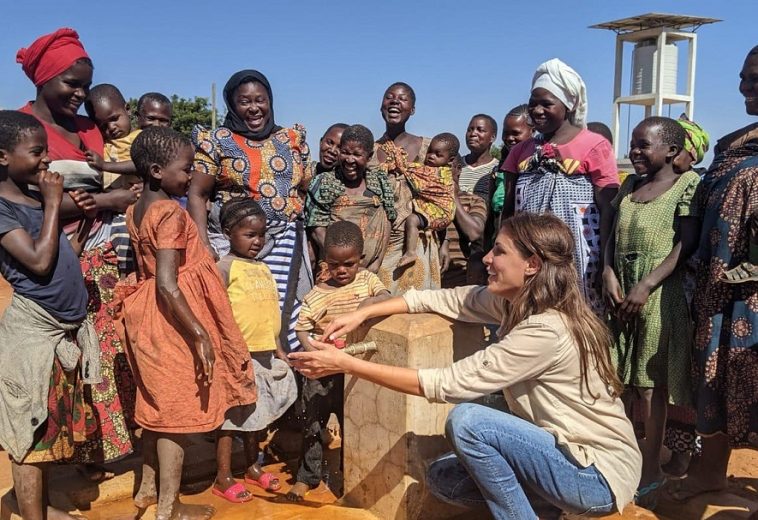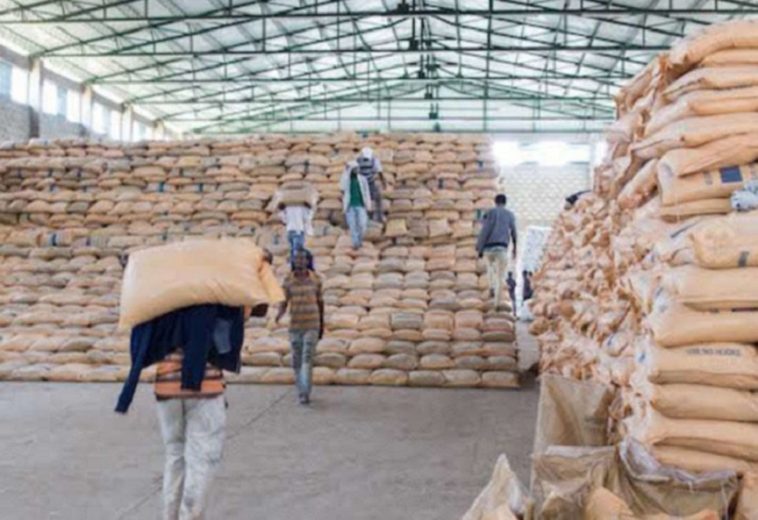The Russian Wagner Group’s activities in Africa have sparked intense debate over whether the group acts as a legitimate security provider or serves as a tool for advancing Russia’s economic and geopolitical agenda. The truth is nuanced: while Wagner officially offers military assistance to African governments facing financial constraints, its operations often reveal a deeper strategy tied to resource exploitation and influence.
Following the death of its leader, Yevgeny Prigozhin, Wagner’s operations were integrated into Russia’s “Africa Corps” under the Defence Ministry. This restructuring allows Russia to maintain oversight of Wagner’s activities while solidifying its interests on the continent.
In countries like the Central African Republic (CAR), Wagner provides security for political leaders and supports national armies in return for lucrative mining and trade rights. Its operations extend to Libya and Sudan, positioning Wagner as a key regional actor. Beyond military engagements, Russia amplifies its influence through cultural initiatives like the Russian House in CAR, disseminating anti-Western narratives and fostering local connections.
According to a BBC report, Russia offers a “regime survival package” to governments in Mali, Burkina Faso, and Niger in exchange for access to strategic natural resources. Leaked Russian government documents detail efforts to modify mining laws in West Africa, aiming to displace Western companies and cement Russia’s foothold in the region.
Origins and Evolution of Wagner
Wagner was founded in 2014 by the late Yevgeny Prigozhin, a close ally of Russian President Vladimir Putin. Initially established to support Russia’s goals in Ukraine, the group quickly expanded internationally, taking on roles traditionally reserved for state actors.
This arrangement provided the Kremlin with plausible deniability while pursuing strategic objectives abroad. Over time, Wagner’s role shifted from pure military operations to a hybrid model encompassing security, influence campaigns, and resource extraction. Its activities are often framed as “aid,” particularly in fragile states with weak governance.
From Europe to Africa: Follow the Money
Africa’s colonial history left many nations vulnerable to instability, creating opportunities for foreign entities promising security and stability. Recognising this, Russia leveraged Wagner to regain influence lost after the Cold War. By providing military support, Wagner positioned itself as a viable alternative for governments wary of Western oversight.
Wagner’s early interventions in Africa, such as in CAR, initially appeared focused on stabilisation. However, the group’s activities soon extended into economic spheres. In CAR, Wagner’s presence secured Russian access to timber and gold, notably the Ndassima gold mine. A similar pattern is evident in Sudan and Mali, where Wagner negotiated rights to mine uranium, gold, and other valuable resources in exchange for security services. These ventures are often managed through a network of subsidiaries, some of which bypass local businesses and international competitors, consolidating economic control in Russian hands.
Gains or Losses for Africa?
At first glance, Wagner’s military support might seem beneficial for African nations grappling with insurgencies and political unrest. However, these short-term gains come at significant economic and political costs. Wagner typically negotiates deals involving resource concessions instead of direct payments, effectively securing partial control over local economies.
In CAR, for example, Wagner’s involvement in logging, mining, and even brewing—via the First Industrial Company—has driven out local competition and established Russian monopolies. While African governments may retain political stability, the arrangement often leaves their economies at the mercy of Wagner-linked enterprises, with profits funneled back to Russia and little benefit accruing to local communities.
Russia’s Shadow Game
Wagner’s presence in Africa might reflect a calculated Russian strategy to geopolitics that combines military, economic, and diplomatic elements to expand influence. Through Wagner, Russia has gained leverage in international forums, with African nations increasingly aligning with Russian positions in UN votes.
This “shadow game” reveals Russia’s broader ambitions: supporting regimes is a means to an end, ensuring access to strategic resources and political loyalty. Wagner’s operations blur the lines between security provision and economic exploitation, making it a potent tool in Russia’s geopolitical arsenal.
Wagner’s operations in Africa are more than those of a typical mercenary group. They represent Russia’s latest attempt to assert dominance on a continent historically contested by global powers. For African nations, partnering with Wagner offers an immediate solution to pressing security issues but risks long-term economic dependency and resource exploitation.
Ultimately, Wagner embodies a chameleon-like presence in Africa—part security provider, part economic opportunist, and part diplomatic actor. For African leaders, the challenge lies in balancing the immediate benefits of Wagner’s involvement with the potential erosion of sovereignty and national resources. As Wagner continues to expand its footprint, questions remain about who truly benefits from these partnerships and how Africa’s relationship with Russia will evolve in the years to come.




